I'm trying to do some computation using a great quantity of data. The computation consists of simple correlation, however, my amount of data is significant and I was staring at my computer for more then 10 minutes with no output at all.
Then I tried to use multiprocessing.Pool. This is my code now:
from multiprocessing import Pool
from haversine import haversine
def calculateCorrelation(data_1, data_2, dist):
"""
Fill the correlation matrix between data_1 and data_2
:param data_1: dictionary {key : [coordinates]}
:param data_2: dictionary {key : [coordinates]}
:param dist: minimum distance between coordinates to be considered, in kilometers.
:return: numpy array containing the correlation between each complaint category.
"""
pool = Pool(processes=20)
data_1 = collections.OrderedDict(sorted(data_1.items()))
data_2 = collections.OrderedDict(sorted(data_2.items()))
data_1_size = len(data_1)
data_2_size = len(data_2)
corr = numpy.zeros((data_1_size, data_2_size))
for index_1, key_1 in enumerate(data_1):
for index_2, key_2 in enumerate(data_2): # Forming pairs
type_1 = data_1[key_1] # List of data in data_1 of type *i*
type_2 = data_2[key_2] # List of data in data_2 of type *j*
result = pool.apply_async(correlation, args=[type_1, type_2, dist])
corr[index_1, index_2] = result.get()
pool.close()
pool.join()
def correlation(type_1, type_2, dist):
in_range = 0
for l1 in type_2: # Coordinates of a data in data_1
for l2 in type_2: # Coordinates of a data in data_2
p1 = (float(l1[0]), float(l1[1]))
p2 = (float(l2[0]), float(l2[1]))
if haversine(p1, p2) <= dist: # Distance between two data of types *i* and *j*
in_range += 1 # Number of data in data_2 inside area of data in data_1
total = float(len(type_1) * len(type_2))
if total != 0:
return in_range / total # Correlation between category *i* and *j*
corr = calculateCorrelation(permiters_per_region, complaints_per_region, 20)
However, speed hasn't improved. It seems that no parallel processing is being done:
As just one thread concentrates almost all work. At some point, all Python workers are using 0.0% of the CPU, and one thread is using 100%.
Am I missing something?
